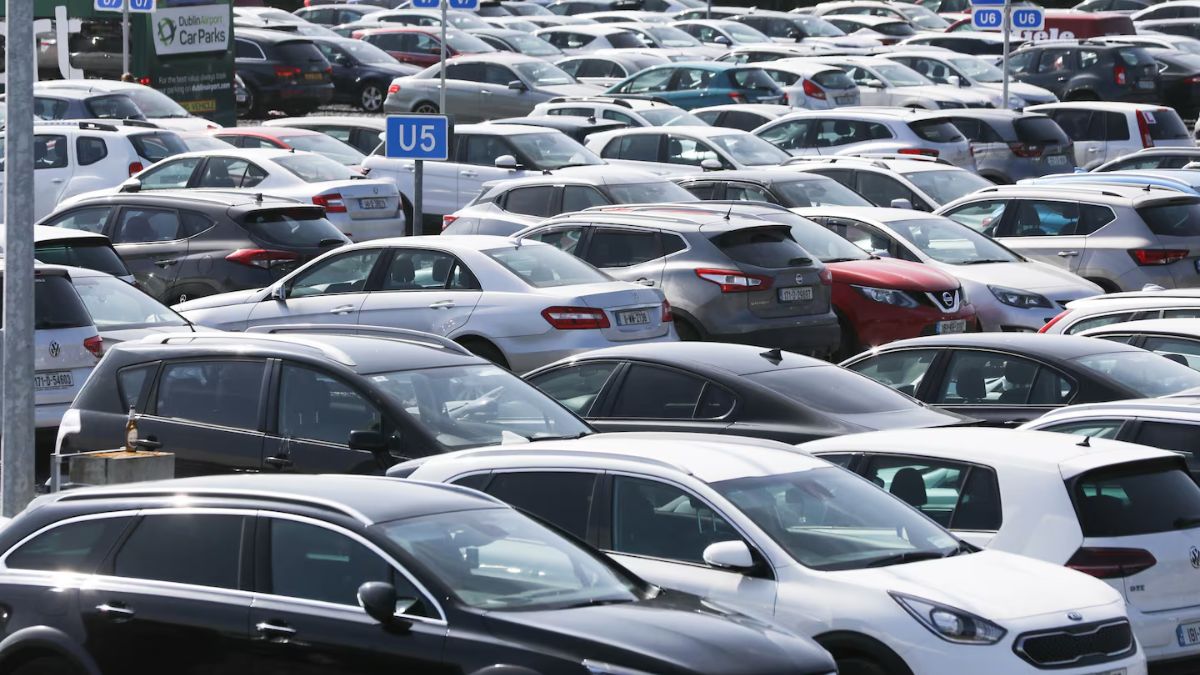 Image Credits - Irish Times
Image Credits - Irish Times
The weakening yen is significantly impacting various sectors in Japan, with the used car market feeling the brunt as domestic buyers face higher prices due to surging export demand. Exporters are capitalizing on the weak yen by snapping up used cars in Japan and selling them abroad at a premium, where they are fetching higher prices in dollar-denominated markets. This surge in export demand has led to a shortage of available vehicles for local buyers, driving up prices across the board.
The most affected are small and mid-sized car dealerships, which are struggling to compete with large exporters who can afford to pay higher prices. As a result, many dealers are finding it increasingly difficult to maintain inventory, with some reporting a drop in sales as customers baulk at the rising costs.
“In recent months, we’ve seen a noticeable increase in the price of used cars, particularly in popular models like the Toyota Prius and Honda Fit,” said Takeshi Sato, a used car dealer in Tokyo to local media. “Customers are frustrated because the vehicles they could afford just a few months ago are now out of their price range.”
The situation is further complicated by global supply chain disruptions, which have slowed the production of new vehicles. This has driven more consumers to the used car market, exacerbating the already tight supply.
In response to the situation, some domestic buyers are delaying their purchases in the hope that prices will stabilize. However, with no immediate end in sight for the weak yen, experts warn that the pressure on the used car market is likely to persist.
